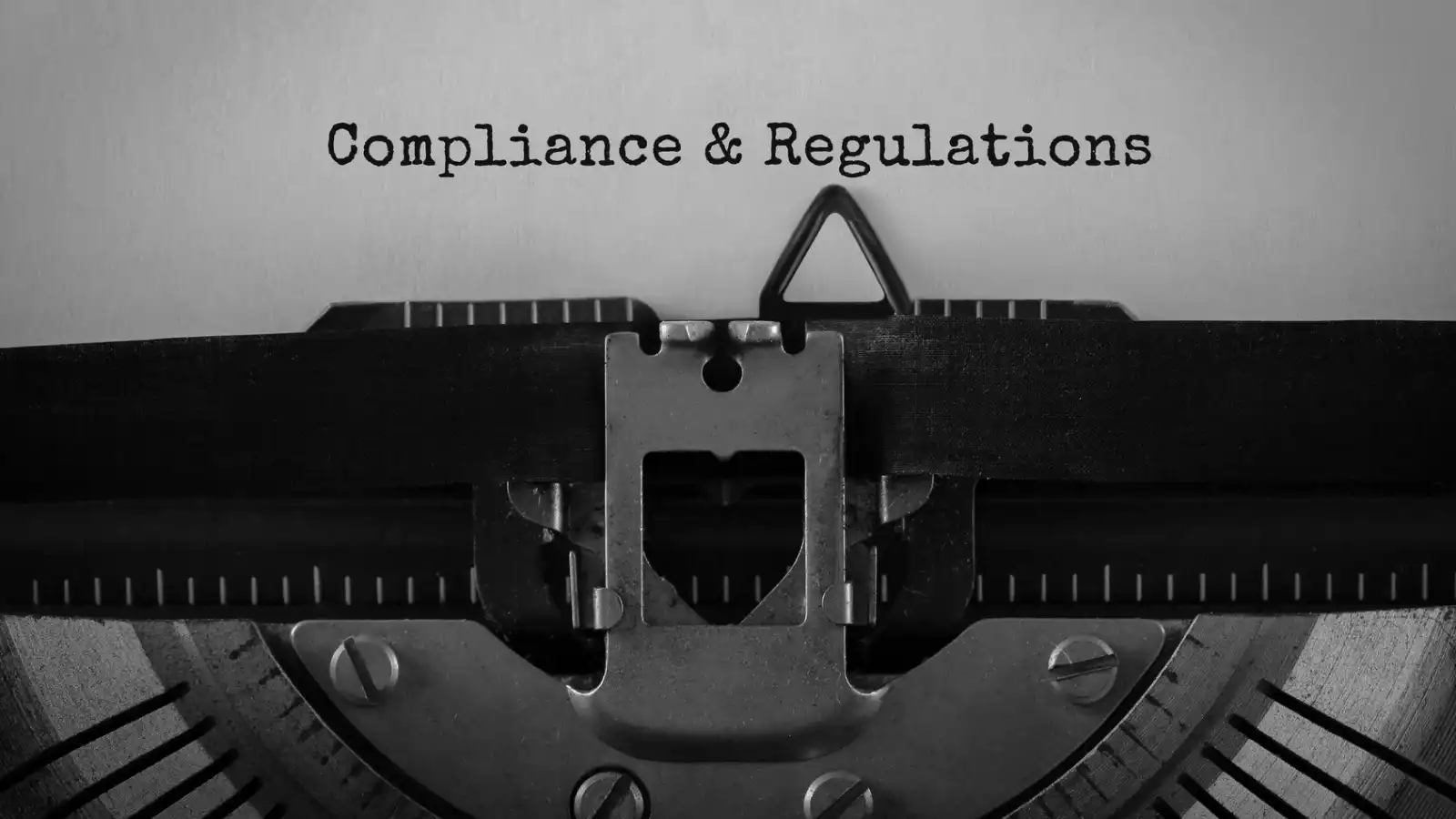 Last week, The United States Department of Labor’s Wage and Hour Division (WHD) announced amendments to the Fair Labor Standards Act (FLSA) that will take effect on January 1, 2016.
Last week, The United States Department of Labor’s Wage and Hour Division (WHD) announced amendments to the Fair Labor Standards Act (FLSA) that will take effect on January 1, 2016.
Enacted in 1938, the FLSA established minimum wage and overtime regulations and identified those workers affected. At the time, the minimum wage was established at $0.25 per hour and the new law affected about one-fifth of the American workforce. The law also established rules that identified those workers who were not exempt from the law (“hourly workers”) and those who were exempt (“salaried workers”).
Workers that are exempt from the law are those described as executive, administrative or professional – the so-called “white collar exemptions”. Additionally, current regulations require that these workers must earn at least $455 per week to maintain exempt status. Beginning in 2016, the new salary level will increase to $970 per week, or $50,440 per year. In addition, a new annual wage limit of $122,148 has been set for highly compensated workers who “customarily and regularly” perform one of the exempt duties, but do not otherwise fully qualify as exempt. The last time these levels were adjusted was in 2004.
While it is important that employers be aware of the upcoming rule change, it is also important to know that for the first time in history, salary levels will be indexed annually according to data published by the United States Department of Bureau of Labor Statistics (BLS). In 2016, the Department of Labor estimates that an annual salary of $50,440 will represent the 40th percentile of all salaried American workers. For highly compensated workers, $122,148 is pegged to be at the 90th percentile.
As it is with wage limits for social security taxes, employers should be aware that FLSA salary requirements will also change annually and follow the BLS guidelines at the above referenced percentiles. As always, it is equally important that all employers fully understand all of the rules regarding whether or not an employee may be paid a salary instead of being paid on an hourly basis. The last time guidance was issued by the WHD was in 2008. Read Fact Sheet 17R: Administrative Duties Test: Court Decision and Fair Labor Standards Act (FLSA) Overtime Regulations Checklist #2 – Salary and Duties Tests for Administrative Exemption from Overtime to learn more.
If you have any questions regarding the amendments to the Fair Labor Standards Act, please reach out to Genesis HR Solutions at AskUs@genesishrsolutions.com or 800-367-8367.
Genesis HR Solutions is the premier PEO provider for Massachusetts based businesses.




